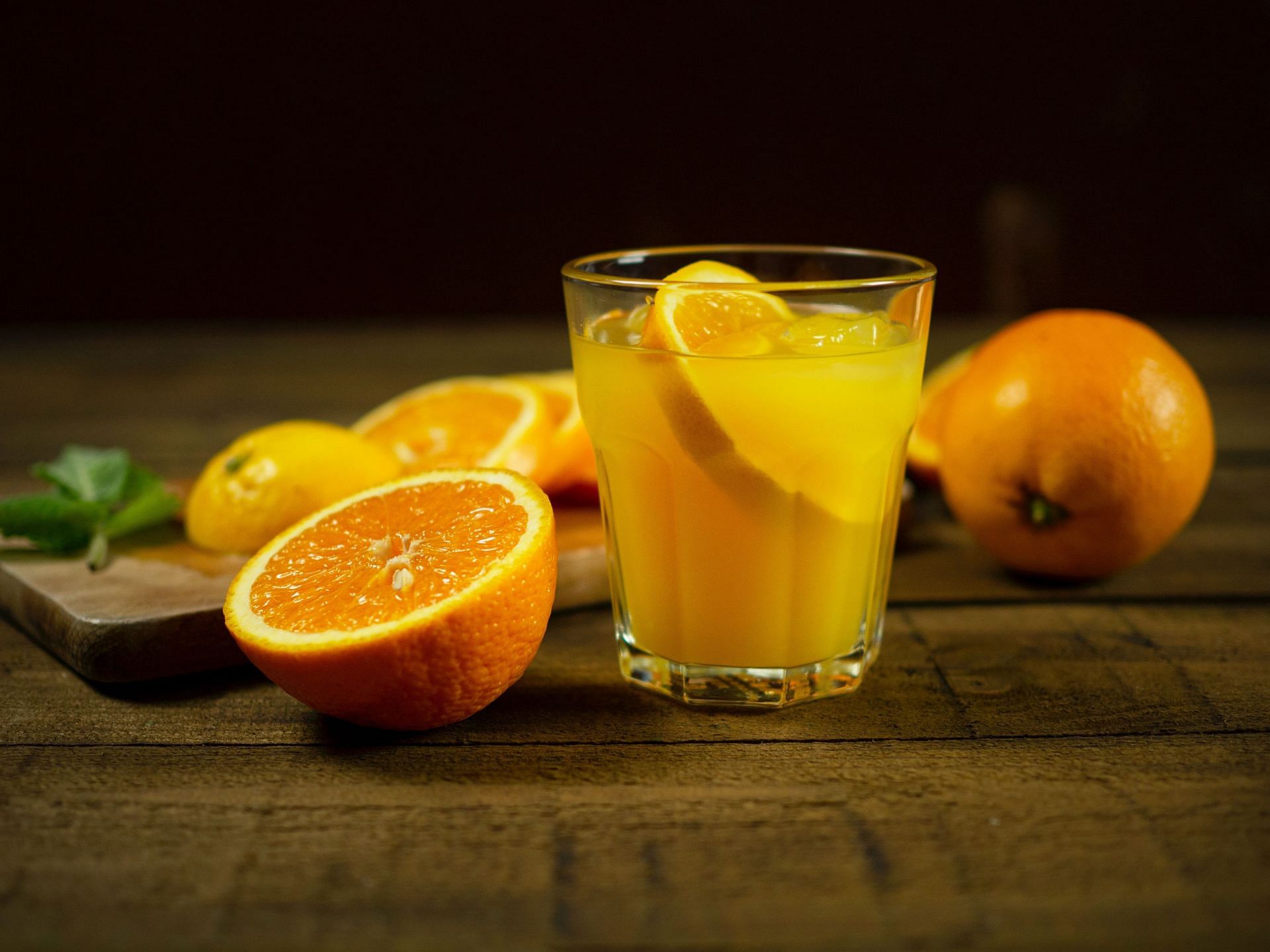Each year, the world observes 16 Days of Activism against Gender-Based Violence, which begins on November 25, International Day for the Elimination of Violence against Women, and ends on December 10, Human Rights Day.
This year’s theme — UNITE! Activism to end violence against women and girls — provides a critical opportunity for each of us to reaffirm our commitment to end all forms of violence against all women and girls in all spaces by 2030, in line with Sustainable Development Goal 5.
Violence against women (VAW) — particularly one that is perpetrated by intimate partners, and sexual violence — is rooted in gender inequality. The latest global estimates, released by the World Health Organization (WHO) and partners in 2021, show that one in three women face physical or sexual violence by an intimate partner or sexual violence from a non-partner during their lives. The South-East Asia Region ranks second from the top on this dubious ranking, with around 33% of women experiencing violence in their lifetime. While preventing and responding to gender-based violence requires a multi-partner and multi-sectoral approach, health systems are a critical entry point to identify survivors, provide frontline support and facilitate onward referrals to key social services such as women’s shelters and psychosocial support.
Action must be accelerated in several priority areas of work. First, we must strengthen our capacity to intensify and sustain VAW-focused actions, in accordance with evidence-based guidance from WHO and partners. Second, we must continue to implement and expand high-quality and victim-centred services for women affected by violence and their children, including during health emergencies and other humanitarian crises. This includes designing interventions where survivors lead; developing safe spaces and mechanisms free of judgment and retaliation; ensuring victim safety and consequences for abusers; and strengthening community-based mechanisms and networks that are secure and culturally appropriate.
Third, we must scale up the support of autonomous women’s and girls’ rights organisations, learn from their expertise, and ensure that survivor experiences inform policies and programming. Fourth, we must obtain high-quality evidence and data, including on newer forms of violence against women and girls as well as on what works to better prevent and respond to VAW. For this, increased investments are especially needed, including for timely and context-specific operational research. Through policy advocacy, technical support, evidence strengthening and capacity-building, WHO will continue to work with all member- states and partners to strengthen the health system and cross-sectoral capacities to prevent and respond to VAW — a pressing public health and gender equality issue.
This 16 Days of Activism must serve as a critical reminder of the urgent need to not just challenge, but transform the harmful and discriminatory gender norms that underlie and normalise violence against women and girls. For a South-East Asia Region in which the health and well-being of all women and girls is adequately protected, promoted and supported, we must act together and act now.
Poonam Khetrapal Singh is regional director, WHO South East AsiaThe views expressed are personal
Enjoy unlimited digital access with HT Premium
Subscribe Now to continue reading
















